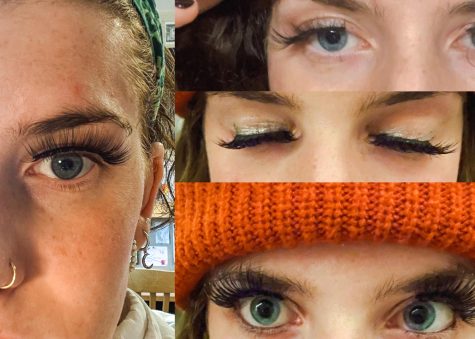Your invisibility is your privilege
December 8, 2022
When we think of the word “invisibility,” we think of it as the power to render oneself unable to be seen. This term appears to be very simple on the surface, until we realize that invisibility is a privilege. The ability to be able to merge into the crowd and not be seen is a privilege. Whitman has always failed to attract a large number of people of color. Even though the college has significantly improved in enrolling non-White students, the majority of students on campus are still White. The White students on this campus, as the majority, have the power to be invisible. Unfortunately, they do not really pay attention to this invisibility because it has never been challenged.
In 2019, when I arrived at Whitman, I was the only Hijabi Muslim girl on campus. I was not only brown South Asian, but there was an extra piece of cloth on my body. I was perceived as an alien on campus. I was scared to walk to the library or to Cleveland because I would always notice others’ gazes. Even taking a walk downtown was difficult.
This was when I realized that invisibility is a privilege that I do not have. Privilege comes in a myriad of forms including race, gender, wealth, physique, education and height. However, the people who have this privilege are usually unaware of their power and influence. White people on campus can walk freely and have a sense of community easily because they see that people around them look like them. They share the same language and culture and similar skin tones with only subtle variations. This similarity and familiarity give them the privilege of invisibility. The right to fade into the crowd is an underappreciated aspect of social living. They do not walk on campus and notice people looking at them with suspicion and curiosity. It is their privilege that they can fade into the crowd easily, unlike people of color. Whenever we sit in a class or a crowded room as a person of color, it’s impossible to forget how noticeable and visible we are. We can count on our fingers how many other students of color are in the room with us.
Having the privilege of invisibility is not a bad thing, but it should be acknowledged. People who have this privilege should always be cognizant of it. The administration needs to enhance the space to accommodate more people of color feeling some sense of belonging. There is no space on campus for open discussion about what it means to have the privilege of invisibility or what it means to acknowledge both this privilege and the struggle of people of color. Whitman’s campus needs to promote awareness of how we should treat people who look different from the majority of the student body. How can we make minorities feel safe and not like they stand out every day? As a person of color, I do not want to be on every campus advertisement and social media page. I want to be treated equally without others’ gazes.






